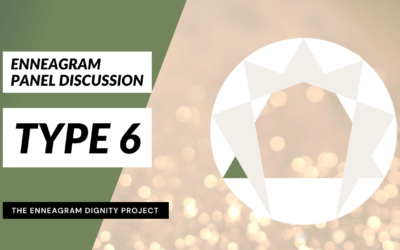In a world full of divisiveness and disconnection, the need for inclusivity and community is greater than ever. But why is it so hard? What prevents us from truly taking perspective? What limits our ability to really listen? Why is it so hard to imagine a reality outside of our own lived experience?
In order to begin addressing these questions, we first need to participate in the hard and good work of knowing. As a therapist, I often tell my clients that we don’t know what we don’t know.
So how do we know?
The knowing begins with ourselves and being willing to excavate our interior landscape by being open and curious. It begins with questions like: Who am I? What is important to me? How do I view the world? What lived experiences, cultural factors, and intersecting identities contribute to my personal life philosophy? These questions and the deep work of discovering our true selves leads to the important work of developing our own Dignity Narrative.
What is a Dignity Narrative?
A personal life philosophy is one’s view of the world that is driven by a person’s worldview, values, and motivations. A Dignity Narrative is the process of uncovering one’s personal life philosophy as a means of deepening understanding of self, others, and the world. By understanding oneself more deeply, a person has a greater capacity to take perspective and empathize with others, which promotes the dignity of all.
Worldview is a particular perspective of life or conception of the world. This is heavily shaped by a person’s culture, religion, nationality, race, gender, sexuality, ability status, and presence or absence of various forms of privilege. Understanding where we are situated in the world is a huge part of learning how to take perspective.
Values are ideals, principles, and beliefs that drive our actions and create purpose. When our values are in conflict, we often experience extreme discomfort, both internally and externally. Understanding what our values are gives us room to maintain our personal values without imposing those values on others.
Motivations are the drives underneath our behaviors. They tap into our core fears and our core desires. This is where the Enneagram comes in powerfully. Our personality is based on our core motivations. By understanding what drives us, we can begin to loosen our fixations, face our fears, and open ourselves up to real transformation.
It is only through understanding our own Dignity Narrative that we can begin to respect and appreciate the worldview, values, and motivations of others. And that is what I invite you to do. Let’s do the hard and good work of knowing. And let’s do it together.


